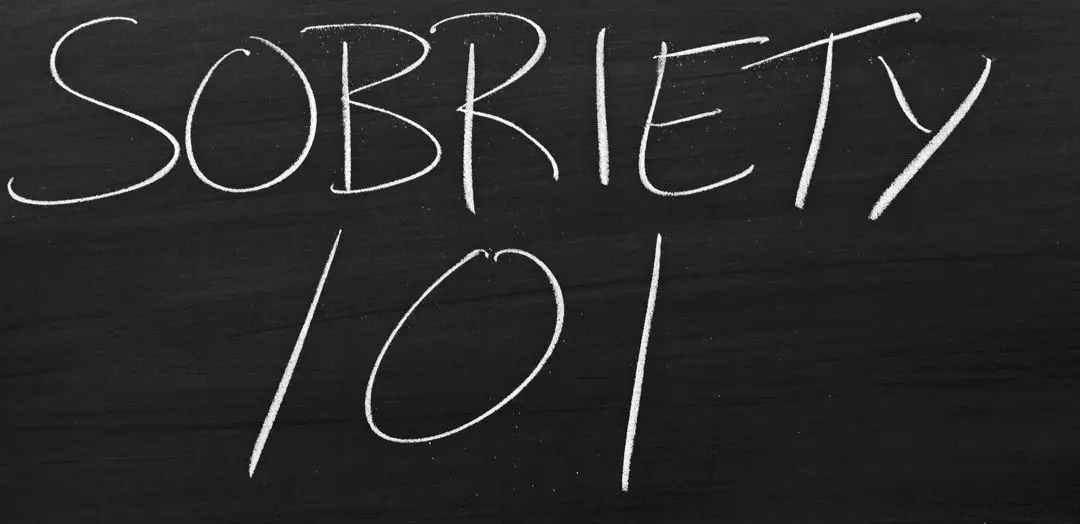
What Exactly is Stress?
- Stress is a feeling of emotional or physical tension.
- Stress can come from any thought or event that makes you feel frustrated, angry, or nervous.
- It is your body’s reaction to a challenge or demand.
- In short bursts, stress can be beneficial, such as when it helps you avoid danger or meet a deadline.
- When stress lasts for a long time, it can harm your health.
10 Methods to Cope with Stress in Recovery
To live a life without drugs or alcohol, it is necessary to develop some healthy coping mechanisms. Even though you are sober, there will still be some ups and downs, and having negative feelings is part of being human. Here are some ways to deal with those negative emotions in healthy and constructive ways.
-
Exercise
Physical exercise of one kind or another is an effective way to handle stress. The benefits of regular exercise impact every facet of your health. The more a person exercises, the more they begin to experience the benefits to their emotional, physical, and mental health. Therefore, the healthier a person feels, the less they are likely to impact their health with alcohol or drugs.
-
Focus on the Present
Taking time to slow down and focus on your breathing can be extremely relaxing. Having the ability to clear your mind and focus on the present moment is a skill that lasts a lifetime and has several benefits. This skill can help with negative emotions ranging from stress and anxiety o anger and sadness. Try practicing mindfulness and being present in the here and now. If you have never taken the time to try this, now would be a good time to start.
These are some mindfulness exercises:
- Pay attention. Try to take some time to experience your environment with all of your senses–touch. Sound, sight, smell, and taste. For example, when you eat a favorite food take the time to taste, smell, and really enjoy it.
- Live in the moment. Try to bring open, accepting, and critical attention to everything you do. Find delight in simple pleasures.
- Accept yourself. Treat yourself the way you would treat your good friends.
- Focus on your breathing. When you are experiencing negative thoughts, try to sit down, take a deep breath, and close your eyes. Concentrate on your breath as it moves in and out of your body. Doing this for even just one minute can help.
These simple mindfulness exercises can be practiced anywhere at any time. Studies have indicated that focusing on your senses outdoors is especially helpful.
-
Be Creative
The creative process can be exceptionally healing. It doesn’t even matter what form it takes in order for it to work. Whether it’s singing, dancing, drawing, writing, or painting, it’s a great way to deal with stress. Besides, there is the added benefit of creating something beautiful which there can never be too much of.
-
Go On a Joy Ride
Sometimes, you just need a change of scenery. When things become overwhelming, it can be liberating to get in the car, turn up the music and take a drive through some beautiful scenery. By shifting your attention to the surroundings, you can get out of your head for a while and experience the beauty in the world.
-
Talk it Out
Every now and then, it’s helpful to just vent. Put it all out there with someone you trust, who will listen, and who won’t make you feel worse about the situation. The important thing is to not get stuck in the venting process. Make a conscious effort to get it out and move on.
-
Get Some Fresh Air
Just getting out to take a walk in nature can work wonders for your spirit. Even if you don’t have mountains or an ocean nearby, a walk in a park or through your neighborhood can work to ease your stress.
-
Read a Good Book
When you find a good book that you enjoy reading, it can be like being transported to another world. Reading a good book is a good way to take a break from your everyday life while improving your mind.
-
Maintain a Healthy Diet
Eating excessive amounts of sugar, caffeine, and junk food all contribute to anxiety. Minds and bodies don’t function properly without the proper fuel. A healthy diet is a proactive way to cut back on additional stress. Pizza, chips, and cake are okay once in a while, but not as your everyday diet.
-
Eliminating Triggers
Although it’s not possible to eliminate every source of stress from your life it is a good idea to take a look at what sort of unnecessary stresses can be cut from your life. You can do this by decluttering your home, cleaning, and maintaining a regular, balanced schedule. These simple things can enhance your emotional well-being.
-
Create a Plan to Take Control of Your Life

It can’t be emphasized enough how important it is to find a system that works for you when trying to deal with stress. Stress and recovery do not go together well. If you don’t learn healthy coping mechanisms, then sooner or later, there is an increased chance of relapse. It’s important to remember that everyone is different and what works for one person might not work for you and that’s alright. Just find what works for you.
What Happens When You Are Stressed?
When you feel threatened,
- Your nervous system releases a surge of stress hormones
- This includes adrenaline and cortisol which stir your body for emergency action.
- Your heart pounds faster, muscles tighten,
- Blood pressure increases
- Breathing quickens
- Senses become more alert
These physical changes,
- Increase your strength and stamina
- Speed up your reaction time
- Intensify your focus
All of this prepares your body to fight or flee from the danger about to happen.
Three Main Types of Stress
Being able to recognize the different types of stress, and how your body responds to them, can help you get help with stress when you need it. The three main types of stress are:
-
Acute Stress
This is the most common type of stress and it can be helpful in short doses. It is your body’s response to a recent or anticipated challenge or unexpected event. Common symptoms include:
- emotional distress
- muscle tension
- headache, back pain, or aching jaw
- stomach upset
- increased heartbeat
- higher blood pressure
Acute stress is sometimes more severe. If you witness a crime or an accident, severe acute stress can lead to acute stress disorder or PTSD.
-
Episodic Acute Stress
Episodic acute stress is when an individual frequently experiences acute stress. If you have episodic acute stress, you may have the feeling that things are always going wrong or that you are constantly under pressure. This can be mentally and physically exhausting. If gone untreated, episodic acute stress can lead to:
- irritability
- unintentional hostility
- relationship issues
If you experience episodic acute stress, you may need to make some lifestyle changes. Trying some stress-reducing techniques may help.
-
Chronic Stress
Chronic stress is ongoing stress that comes from long-term emotional pressure. It could be a stressful job, unhappy family relationships, or money problems. If you have chronic stress, your body is experiencing the fight-or-flight response too often to recover between episodes.
This means your nervous system is constantly on the edge which is not good for your health. If left untreated, chronic stress can cause physical health problems including problems with the immune system. You may not be able to change what’s causing your stress, but it’s possible to manage the effects it has on your health.
Stress and Relapse
It is well-known that stress is a risk factor in the development of addiction and in the likelihood of addiction relapse. High emotional stress is associated with loss of control over impulses and the loss of ability to inhibit inappropriate behavior.
Researchers from NIDA (National Institute on Drug Abuse) have discovered the following connections between stress and substance abuse:
- Stress can cause changes in your brain similar to those caused by addictive drugs. This indicates that some individuals who feel stress may be more open to substance addiction or relapse.
- People who become addicted to substances may already be overly sensitive to stress.
- Long-term potentiation (LTP) is an important brain mechanism that is involved in memory and learning. NIDA researchers have shown that LTP is involved in how both drug exposure and stress affect the brain.
- Stress puts people at risk for SUD.
- Scientists have discovered a rise in substance abuse among people in New York City neighborhoods affected by 9/11. This brings up questions about the public health effects of traumatic events such as disasters.
3 Myths About Stress
Myth #1: Drug abuse is harmful, but it does relieve stress.
Reality: Some drugs of abuse affect your brain much the same way stress does. And long-term abuse of drugs makes users more sensitive to normal stress than non-users.
Myth #2: All stress is bad for you.
Reality: Stress can help get through tough situations. It can be associated with positive changes such as a new job. Nevertheless, long-term stress can cause emotional and physical health problems.
Myth #3: Everyone copes with stress the same way.
Reality: People handle stress in different ways. The way you deal with stress decides how it affects your body.
Don’t Let Stress Derail Your Recovery
Going through rehab and getting your life together is a major accomplishment. However, for some people just getting out of formal treatment, there is no supportive environment to go to. A sober living home is a perfect place to continue your recovery and transition into a drug-free life.
In a sober living home, you will find like-minded people all pursuing the same goal–staying sober and working their way back to a normal life. At Casa Nuevo Vida, we provide you a beautiful, gender-specific residence and a structured lifestyle to help you continue your progress, stress-free.
Our staff is available around the clock to help you through the process. Many of them have been through it too. Don’t let the stress of leaving treatment de-rail your recovery. You could consider us a stress recovery center. Casa Nuevo Vida can help you through this transition. Contact us. Don’t take chances with your recovery.
References:
www.good-thinking.uk/types-stress

